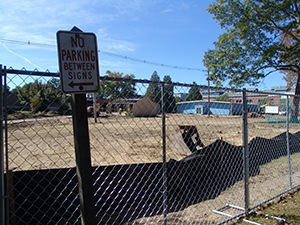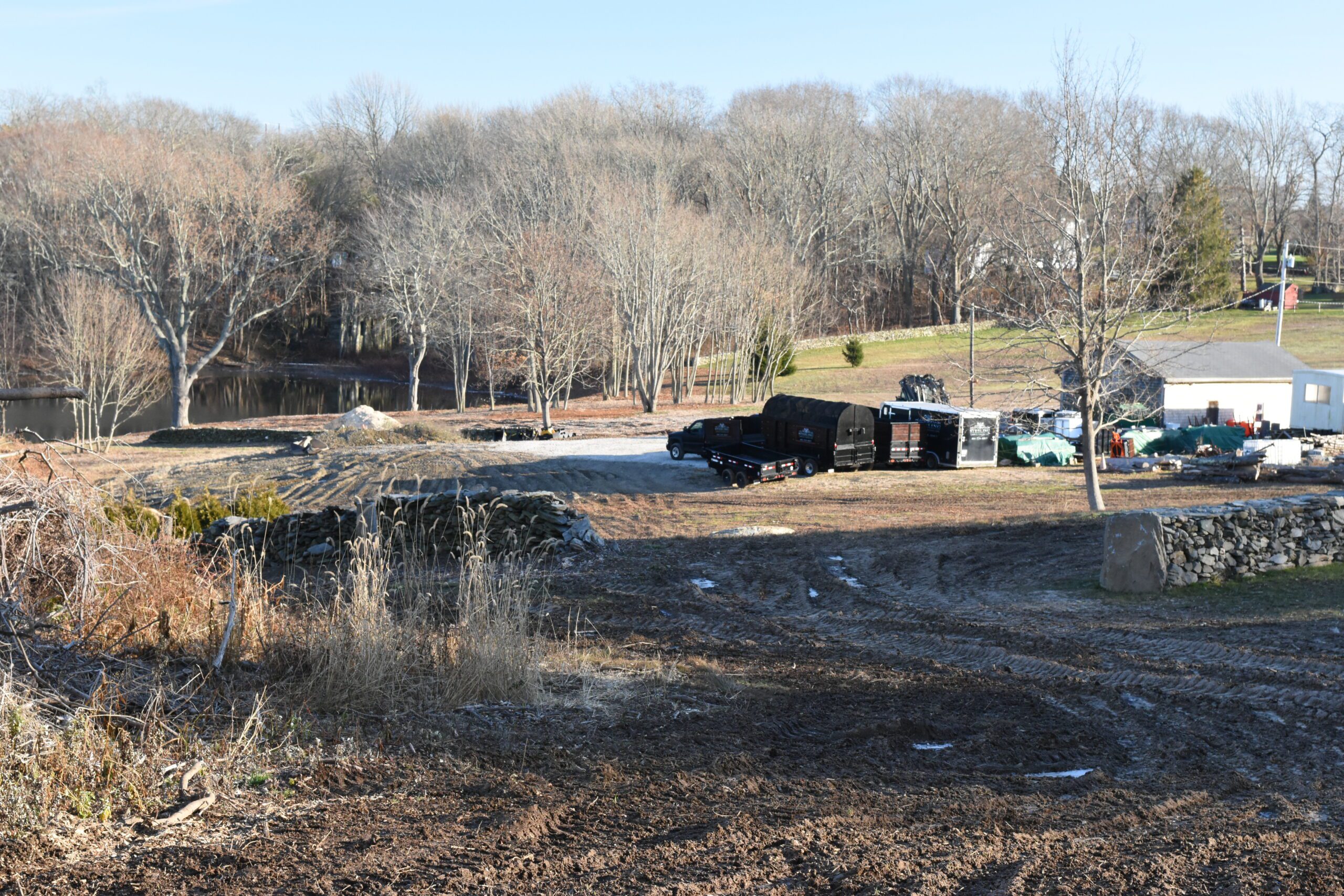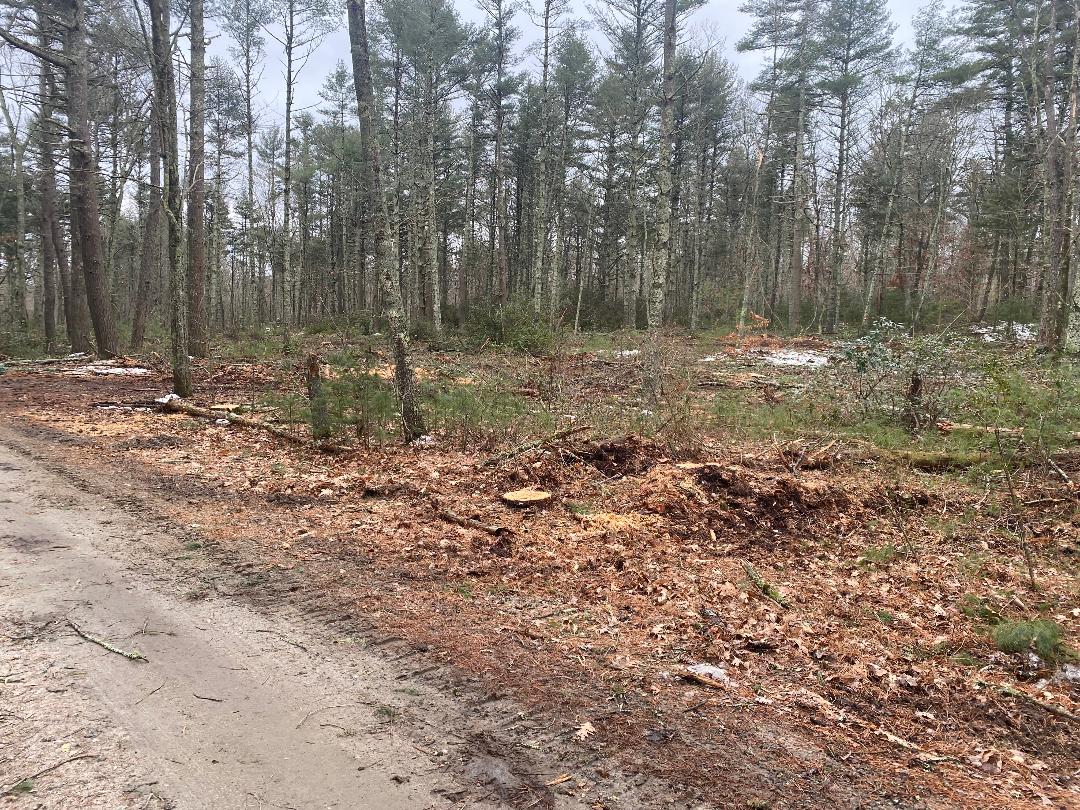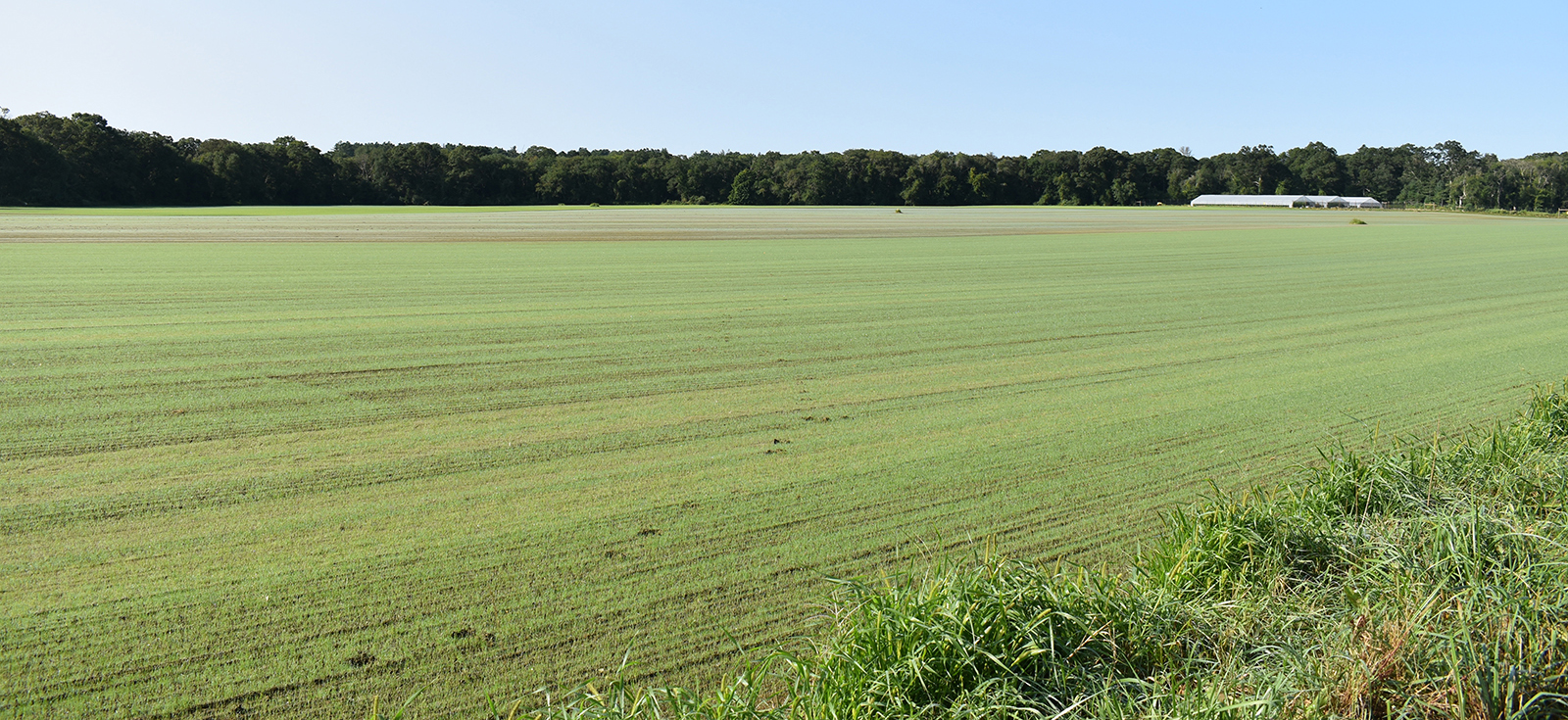URI Continues to Dig Up Soil for More Parking
September 30, 2013

KINGSTON, R.I. — The Greenhouse, at the University of Rhode Island, sits between acres of asphalt at either end of Flagg Road. Until last week, the greenhouses, on aptly named Greenhouse Road, enjoyed a green buffer between the building and Flagg Road. Not anymore.
The view from the building’s north-facing windows is no longer obstructed by trees, old or young. The older trees were recently cut down and the younger ones dug up in hopes they can be transplanted. The grass is gone, and soon will be replaced by parking spaces. For now the Greenhouse view is of dump trucks and bulldozers preparing the space for the arrival of the automobile.
URI’s most-recent removal of natural space to create additional parking has upset more than a few people and is reminiscent of what the former State Agricultural School did last year, only this time on a smaller scale.
(URI Botanical Gardens Blog)Last fall, construction at Flagg Road and Plains Road forever removed a significant portion of agricultural land. In fact, the building of a 330-vehicle parking lot and a new road began about a month before Rhode Island voters were asked to approve $20 million in bond money for, among other things, farmland preservation.
Some have called the university’s digging up of agricultural land to make way for more parking, especially in a state that has lost 80 percent of its farmland since 1945 and is actively seeking to increase the amount of food it grows, shortsighted.
URI officials say this work is needed because of the lack of on-campus faculty, staff and student parking. They also note that these projects are part of the 2000 University of Rhode Island Kingston Campus Master Plan.
In the meantime, while construction continues outside the Greenhouse, those looking for parking near the building will have to travel three-tenths of a mile east on Flagg Road or a half-mile west to find a spot.
Categories
Join the Discussion
View CommentsRecent Comments
Leave a Reply
Your support keeps our reporters on the environmental beat.
Reader support is at the core of our nonprofit news model. Together, we can keep the environment in the headlines.
We use cookies to improve your experience and deliver personalized content. View Cookie Settings




VP Weygand, who you all interviewed in your last report on this subject, had a back and forth email correspondence with me when I brought some concerns to his attention. He shows a lot of understanding and misunderstanding of the subject in his responses:
http://transportprovidence.blogspot.com/2013/10/think-big-we-do.html
Thanks for following up on this issue. Kingston could really be a bike and transit paradise. It's so close. It just needs that little push from advocates like Eco RI.
This shows all URI talk of "sustainability" is total bs, their great god is parking, given "free" to all faculty and staff and no incentives to walk, bike, carpool, or use transit, especially ironic as there is good service to URI on the #66 line, supplemented with #64 from Newport. Even worse is URI-Providence where even students get expensive "free" parking in the Convention Center garage and there is even a van to shuttle the poor dears to the garage. URI-Providence has good transit access (now including commuter rail from the south) from everywhere but no incentives to use it. Meanwhile, no expense spared to expand"free" parking around the State House, again no transit incentives, not even a bus shelter there. No wonder RIPTA and the commuter rail cannot succeed as enterprises, or contribute much to urban redevelopment, protecting the environment, or economic progress.
FYI Barry, URI Main Campus does charge for parking–although very little. URI PVD does not charge. Either does RIC. Students will pay the extra cost in tuition.
BTW, as a former Kingston resident, I can say that how expensive and scarce housing can be–especially year round housing, because of beach demand. Building housing–preferably mixed-use–would be a better use of the land than parking. Good mixed income housing with shops could even create a third town center, alongside Peacedale and Wakefield, to add life to the area that could even draw in faculty.